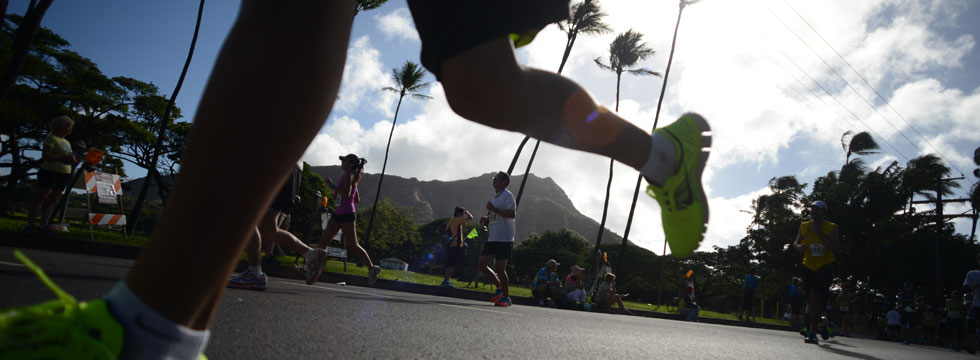The effects of dehydration, moderate alcohol consumption, and rehydration on cognitive functions
September 10, 2021 2:11 pm Leave your thoughtsThis self-perpetuating cycle not only impacts physical health but also adds to the psychological challenges of addiction. Effective alcohol addiction treatment should address both the mental and physical impacts of dehydration, helping the body recover from chronic alcohol use. In the long-term, chronic dehydration can also lead to an increased cholesterol, premature aging, rapid breathing due to a rapid heart rate, lower blood pressure, and dry skin. Other long-term effects of chronic dehydration can also include genetic issues such as cancer and autoimmune disease. This is because chronic dehydration causes a chemical change in the body which leads to structural changes– including changes to the genetic blueprint of the body such as DNA.
What to do if you’re dehydrated
Consuming alcohol leads to dehydration and can affect several systems and functions in the body. It is important for a person to be aware of the signs and symptoms of alcohol-induced dehydration and the ways to avoid it. Typically, after your dehydration symptoms subside, the outlook is good. It may have been more acute than chronic and due to a reversible condition with a straightforward, identifiable cause. However, if your dehydration is more severe or prolonged, you may have an underlying illness.
Graduate School of Addiction Studies
Chronic alcohol dehydration can have significant impacts on long-term health, especially when combined with repeated heavy alcohol consumption. Over time, the strain from dehydration can affect organs like the kidneys, liver, and even the heart. Repeated dehydration can make it harder for these organs to function effectively, putting individuals at higher risk for long-term health complications. For those with an alcohol dependency, these effects can be even more severe, as the cycle of dehydration continues without adequate breaks for recovery. Many people, especially older people, don’t begin to feel thirsty until they are already dehydrated- making thirst an unreliable indicator of chronic dehydration.
To stay hydrated, a person needs to take steps before, during, and after alcohol consumption. In this article, we describe how alcohol dehydrates the body and provide tips on how to counteract dehydration due to alcohol consumption. Drinking more than that—especially with an already damaged liver—can cause alcohol levels to build. An independent scientist who was not involved in the study took care of the randomization of the participants and treatment allocation. Block randomization was performed with SAS, v9.3 (Cary, NC, USA). No confounding factors were taking into account in the randomization because all participants received all beverages.
If severe, reversal takes about 1-2 weeks for complete recovery. This gives the body time to start working properly, allows the kidneys to gain proper function, and the body to hydrate enough. Milder forms of chronic dehydration can be reversed in a few hours if at the emergency room and a couple of days if hydrating at home. Another great treatment solution is to use IV rehydration hydration therapy.
Chronic dehydration due to alcohol consumption can lead to kidney damage and increase the risk of kidney stones and urinary tract infections. Other lifestyle factors, such as exercise, climate, and medication use, can also impact alcohol’s dehydrating effects. Apps that monitor water intake can be useful for people who might need reminders to drink. Adopting a healthful diet that includes what is mesculin plenty of fruits and vegetables can also contribute to fluid intake. In an otherwise healthy person, drinking water throughout the day and when thirsty usually keeps hydration levels up.
Childhood illnesses accompanied by a fever, diarrhea, or vomiting also leave children vulnerable to dehydration. Be familiar with the warning signs of dehydration in toddlers. If you have chronic dehydration, your body tries to make do with less water.
What to know about chronic dehydration
- If your doctor suspects that you’ve developed this condition, they may order additional tests to rule out other possible conditions.
- Dehydration can cause mild symptoms like headache, dry mouth, dizziness, and fatigue, or severe issues like damage to the brain, heart, kidneys, and even death (1).
- Keeping track of alcohol intake and avoiding excessive drinking can help prevent dehydration and reduce the negative health effects of alcohol consumption.This is an important long-term strategy.
- Once you recognize that someone is dehydrated, Dr. Fertel recommends getting them out of the heat and giving them plenty of fluids.
If your dehydration is severe enough that it requires hospitalization, or if it’s accompanied by heatstroke, it may take a day or two before you can be released from the hospital. Your long-term care will be geared toward preventing future dehydration. This will depend on what’s causing your dehydration in the first place. Addressing underlying digestive and organ conditions may be part of your chronic dehydration treatment. Also, having a baseline to compare subsequent labs over time can help your doctor differentiate between acute and chronic dehydration.
General Health
According to this study, there were no differences in the cumulative urine output between lager and still-water up to 4 h after consumption. Nevertheless, experimental studies on the diuretic effects of alcohol in the elderly are lacking. Water requirements are not different for older adults compared to younger individuals. However, because of physiological changes due to ageing, older adults are at a higher risk of dehydration.
All urine samples were accurately weighed to the nearest gram on a calibrated scale (Sartorius 1203 MP, Sartorius AG, Göttingen, Germany). An aliquot (5 mL) from each time-point was stored at −20 °C until further analysis. Urine osmolality was measured using freezing-point depression (Osmomat 030, automatic cryoscopic osmometer, Gonotec, Berlin, Germany). Sodium and potassium concentrations were measured by V-Lyte IMT (Dimension Vista® 1500, Siemens Healthcare Global, Erlangen, Germany).
Categorised in: Sober living
This post was written by vladeta



